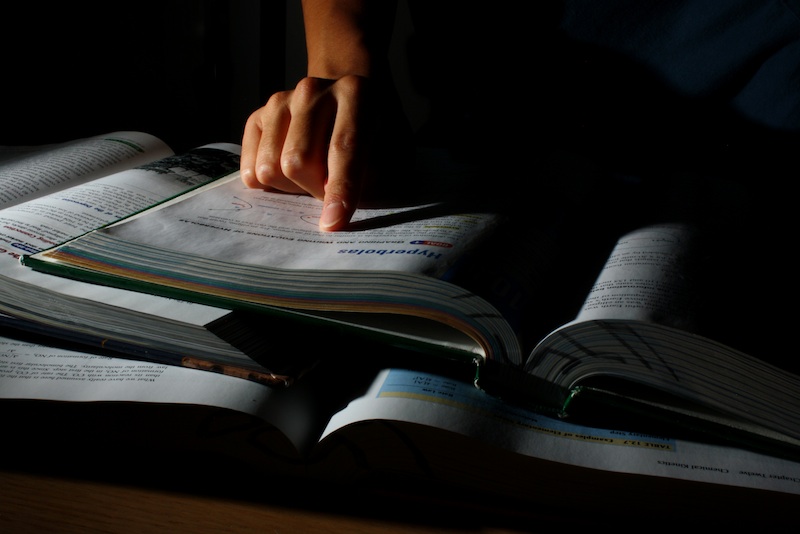
When junior Emily Coe first entered high school, she normally slept around eight hours every night. However, with two Advanced Placement classes, one honors class, and a job, Coe is now lucky to even get six hours of sleep.
Unfortunately, she is not alone. Coe is one of millions of students across the United States who are losing sleep due to their busy schedules.
“[Sleep deprivation] is making it so that [teenagers] are less sharp, less focused, and less productive,” Foothill’s Technology Specialist Katie Tedford said.
The National Sleep Foundation recommends that all adolescents should sleep about 8.5 to 9.25 hours a day. Not getting enough sleep can sometimes result in negative consequences for adolescents’ grades and health.
“Students have difficulty focusing in school and their grades suffer. Other effects of sleep deprivation include hormonal imbalance required for normal development, weakened immune systems, and depression,” assistant doctor Ben Nguyen of the Sleep Center of Orange County said.
As competition for colleges grows fiercer by the year, students are pressured to take more rigorous classes and extracurricular activities to look more appealing to the college of their choice.
Junior Annabelle Warren also suffers from this stress.
“I have to wake up at 5:30 [every morning], so at the most I get 6.5 hours of sleep a night,” said Warren, who on top of two AP classes is an avid club soccer player. “I end up falling asleep in class because I’m so sleep deprived.”
Junior Andre Sehati understands the feeling perfectly well.
“I already find myself up doing my homework by about midnight. On the weekends, I don’t have a lot of time to catch up on sleep because of my job,” Sehati said. “Whenever I go to [tennis] practice, I find myself not performing as well as I can because I’m so tired.”
Many of Foothill’s teachers understand the problems students face when trying to balance schoolwork and sleep.
“It’s a shame that students pressure themselves into taking four to five Advancement Placement classes to try and get into colleges of their choice,” chemistry and physics teacher John Weldele said.
Although many students blame schoolwork and extracurricular activities for their lack of sleep, others, like senior Henry Ashworth, disagree.
Ashworth is the Associated Student Body vice president at Foothill, a varsity water polo player, and is taking three AP classes, yet he still manages to get about nine hours of sleep every night.
“[Sleep deprivation] is more of an issue caused by unnecessary emotional stress and poor time management than anything else,” Ashworth said.
While many teenagers blame their busy lives for their sleep deprivation, some of it may have to do with how early school starts, especially since teenagers naturally do not even go to sleep until 11:00 pm or later. The earlier school starts, the more likely it is to throw off teenagers’ natural cycle of sleep.
“I think the sleep deprivation facing students is not due to their class schedules, but the school schedule. It is not in sync with teenagers’ bio-rhythm,” English teacher Jennifer Kindred said.
Some even believe that school starts too early in the day and that it takes away time for students to be able to sleep.
“Biologically speaking, a teenager requires much more sleep than an adult or child,” geometry and calculus teacher Anthony Villa said. “Many of them are trying to do as much as they used to, and are not compensating for the fact that they can’t do that.”
Sleep deprivation also affects how well students perform in school.
“It is crucial that teenagers achieve a solid eight hours of sleep each night. All the information they take in during the daytime becomes consolidated and reinforced when they are asleep. If they do not achieve enough sleep, they will have difficulty remembering what they learned and studied during the day,” Ngyuen said.







